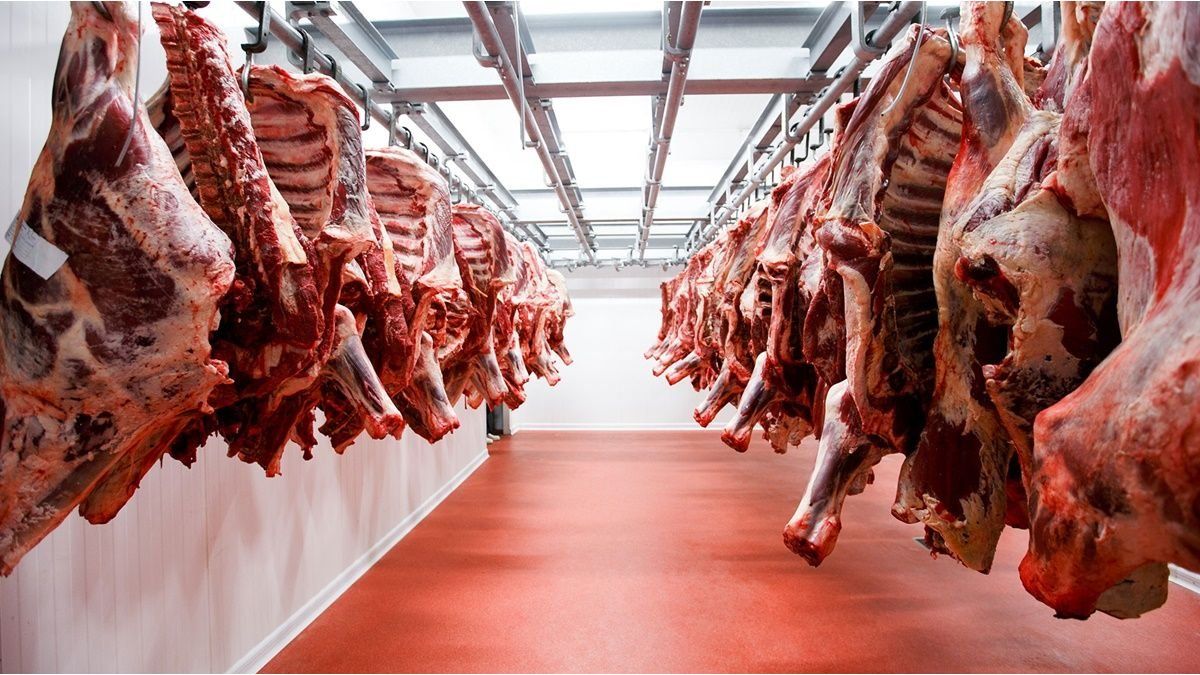Two years of the corona pandemic have hit the Austrian start-up industry, but primarily given it a boost: That is the core message of the Austrian Start-up Monitor presented today, Monday, for which around 530 employees from Austrian start-up oops were questioned. The data was evaluated by the Austria Institute of Technology, the Vienna University of Economics and Business and the AustrianStartups Association. The war in Ukraine and its consequences are not included.
“The scene is growing and is now slowly reaping the fruits of the hard work,” said Economics Minister Margarete Schramböck at a press conference with Environment Minister Leonore Gewessler and Education Minister Martin Polaschek. Around 25,000 people are currently working in the start-up scene, compared to 20,000 in the year before last. 10,000 new jobs are expected to be created in the next few years.
The number of employees per start-up has increased: while the average was 9.6 employees last time, it is now 12.3. Some of the most popular industries for startups include IT and software development, consumer goods, medical and life sciences, creative industries, and education. At 39 percent, Upper Austria has the highest percentage of start-ups in IT and software development nationwide.
But not only the number of start-ups and their employees, but also confidence is growing: 47 percent of Austrian founders assess the current business conditions as very good or good, the proportion of pessimists fell from 13 to nine percent. Environment Minister Gewessler also pointed out that climate protection and sustainability played a central role for half of the founders.
“From research to practice”
Meanwhile, Minister of Education Polaschek wants to bring more entrepreneurial spirit to the universities. By 2030, the number of spin-offs, i.e. start-ups or spin-offs of companies, is expected to double from the current 90. It’s about “putting direct results from research into practice,” said Polaschek.
However, the demands of the founders have remained the same during the crisis: they want incentives for more venture capital and lower non-wage labor costs. The Red-White-Red Card is also to be expanded in order to attract more foreign workers. Economics Minister Schramböck announced that she would be negotiating with the Ministry of Justice about a new form of company for young founders.
Source: Nachrichten




